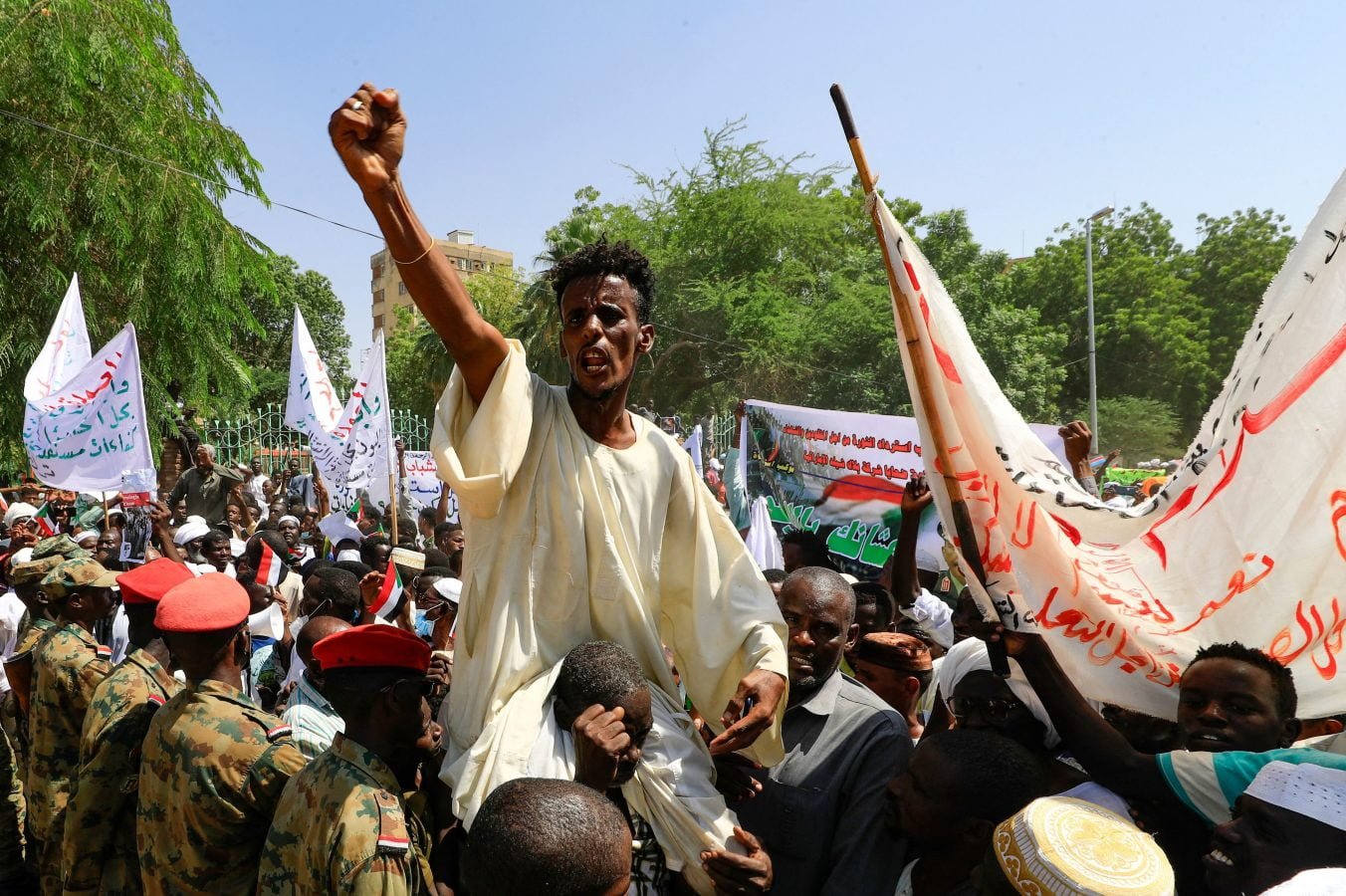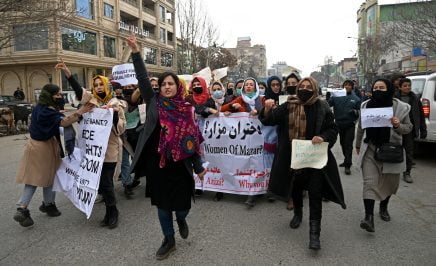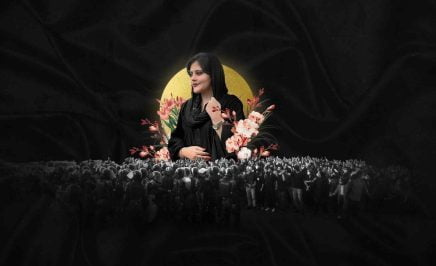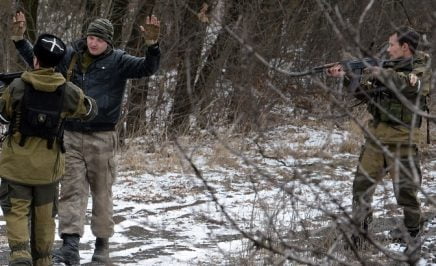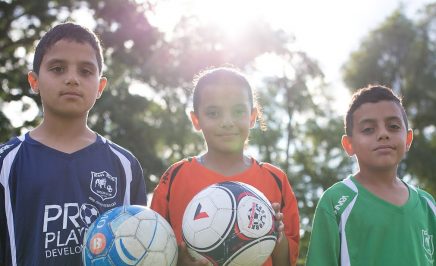I come from a country that has been torn apart by a dictatorship that caused a civil war. Where I’m from, like most other places, war is carried out by men. Men fighting over resources: land, water, minerals, money and bodies. In the end, it’s all about power and control.
Yet while people in power fight, we all suffer – the patriarchy is a war machine. I watch the horrors inflicted by Putin’s Russia in Ukraine and my heart breaks – especially for the women and children who are so often innocent victims in this, and all, war.
Not to minimise in any way either situation, unlike the war in Ukraine, the conflict in my home country, Sudan, receives little media coverage.
Following last year’s military coup which overthrew a democratically elected government, the party that ruled by force since 1989 has returned. Omar al-Bashir, the leader of that genocidal regime, faces the International Criminal Court.
A pivotal moment in the Sudanese revolution was the massacre on June 3 2019 which can be described as a crime against humanity: it including the murder, rape and torture of thousands of civilians by government forces.
Today in Sudan, tens of thousands of people are displaced and more than 14 million people need humanitarian assistance due to the conflicts advanced by this government and its paramilitaries across the country.
Human rights defenders are routinely abducted, tortured and forced to endure unspeakable indignities. Women are at the frontline of resistance, and we are at the frontline of the suffering: the majority of those displaced or needing humanitarian help are women and kids.
Women also suffer from discriminatory laws. Take Amal, for instance, a 20-year-old Sudanese woman who is currently imprisoned and facing the death penalty by stoning. Amal is alleged to have committed adultery, a discriminatory charge most often levelled against women.
This barbaric punishment is a violation of human rights law and has no place anywhere in the world. But the government of Sudan condones it.
In the midst of this conflict, for the second time in months, Sudan has been invited to Australia for a mining conference.*
My home country is deficient in gross domestic product, but rich in minerals. And it wants to do business with Australia.
I was peacefully protesting at a conference where Australian politicians were speaking and a Sudanese minister directly threatened me. As the minister approached, I said he and his government should be in front of the International Criminal Court for the way they have treated my country.
The minister responded “If you weren’t here [in Australia], we would beat you until you begged us to stop”. The exchange was broadcast live on Facebook for all to see.
It was horrifying to be threatened in such a manner by a minister of a country from which I was forced to flee. And make no mistake, this threat was gendered, coming as it was from a minister of a country where violence against women is wielded as a weapon of war. There were layers upon layers of horrific history implied in his threat that the English language translation fails to convey. I provided a formal statement to the Federal Police, however, it is difficult to get any answers on what action they are able, or willing, to take. And still, Australia has invited this man back.
This kind of threat and intimidation isn’t rare. Many of my compatriots from Sudan now living in Australia report similar threats occurring in this country from people associated with the current Sudanese government. Yet they are too scared to speak up.
Despite the murderous coup in Sudan, Australia has said little. Myself and many in the Sudanese community in Australia want to see condemnation of this coup and the military-backed government.
Sudanese people want a return to democracy and a pathway to peace. At the very least, we must have a public discussion about the Australian businesses engaging with a regime that poses a threat to the safety of Australian citizens and investigate the alleged interference of Sudanese authorities in Australian-Sudanese communities.
* The Minister cancelled his appearance at the conference after news emerged he would be appearing.
Nazik Osman is a human rights defender and Amnesty International Australia activist.
We want a world where human rights are no longer under fire. Governments and people in power everywhere must respect everyone’s basic freedoms, and allow their citizens to live safely, without fear. When human rights are attacked, Amnesty will call on the human rights abusers to be tried and brought to justice. Learn more about what we do and our crisis response work.
